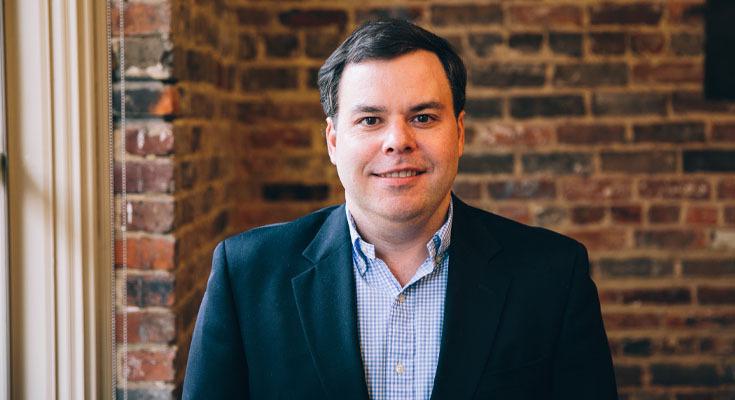Last week President Joe Biden called on Congress to suspend the federal gas tax for three months. What was Gov. Kay Ivey’s response? She called it a “gimmick, plain and simple.”
And maybe Ivey is correct. Suspending the 18.4 cents per gallon tax on gas and the 24.4 cents per gallon tax on diesel for three months will provide only slight and temporary relief from Alabama’s near record-high gas prices. Today the average price of a gallon of gas in Alabama is $4.48 per gallon. Pausing federal tax collections will do little to lower total fuel prices.
But for all his failings, energy policy being one of them, at least Biden is proposing something that will provide at least a small level of economic relief to American families. That’s more than we can say for our statewide elected officials. Ivey and the Alabama Legislature have done next to nothing to provide citizens relief from the onslaught of rising energy prices and the highest levels of inflation in more than 40 years.
Back in 2019, one of the first actions of the governor and newly elected legislature was to increase the state gas tax by 10 cents per gallon. While that tax increase can’t be blamed for all the pain at the pump Alabamians are feeling, it does play a part.
Despite several of Ivey’s primary election challengers calling for a repeal of the 2019 gas tax increase, the governor stood firm, brushing off the idea of even temporarily suspending it. In March, Ivey said, “I don’t think we can suspend it at all,” and went on to blame President Biden’s energy policies for rising prices. The bottom line is, the state government doesn’t want to lose any of the gas tax revenues, even for a short period of time.
If the governor and legislature don’t think suspending state or federal gas taxes is the solution, that’s their prerogative. But the complete lack of willingness and initiative to find any way to provide relief to hard-working Alabamians is unconscionable.
In 2021, the state took more taxes from Alabama citizens than ever before. Through May, the state government was $1.4 billion ahead of that record level. What has our government done with the money? They’ve passed the largest budgets in state history each of the past four years and increased total spending by over 35% since 2019. It has all gone back into government. That’s not including about $4 billion in federal COVID-19 intervention that the state has received since 2020.
If gas taxes aren’t the answer, then use the state’s historic surplus to do something else that will help citizens. That is what so many other states are doing.
On July 1, Mississippi will begin phasing in a 20% income tax cut. In the past year, 16 states passed legislation to cut individual and/or corporate income tax rates. Since much of Alabama’s government surplus has come from income taxes, it makes sense to provide income tax relief to citizens and realign revenues with state spending. Not only does it make sense, but it should also be mandatory.
Another ever-present issue in Alabama is the fact that the state remains one of just three nationally that fully taxes the sale of groceries. There were numerous proposals during the 2022 regular legislative session that would have repealed the tax. None of them even received a committee hearing.
One argument against repealing the state's 4% sales tax on groceries is that some lawmakers fear that local jurisdictions would then raise their own sales taxes by at least that much, and it’s better for the state to control that money than local governments. The fact is that many Alabamians are more engaged in local politics than state politics and would fight back if their local government tried to increase the tax.
This attitude shows the crux of the problem in Montgomery. Our elected leaders think they are entitled to spend more and more of our money. They are unwilling to even consider relinquishing a small portion of that power.
While most Alabamians don’t agree with Biden on many things, it’s not a gimmick to suspend the federal gas tax and offer economic relief to hard-hit Americans. Perhaps it is too little too late, but at least it is something. It’s past time for Ivey and the Alabama Legislature to do something.
Justin Bogie serves as Senior Director of Fiscal Policy at the Alabama Policy Institute. The views and opinions expressed here are those of the author and do not necessarily reflect the policy or position of 1819 News. To comment, please send an email with your name and contact information to: Commentary@1819News.com.










